

Natural Selection | HEYDT | 2019 | Analog Assemblage | 20in x 30in | $6000

Natural Selection | HEYDT | 2019 | Analog Assemblage | 25in x 35in | $6000

Natural Selection | HEYDT | 2019 | Analog Assemblage | 25in x 35in | $6000

Natural Selection | HEYDT | 2019 | Analog Assemblage | 25in x 35in | $6000

Natural Selection | HEYDT | 2019 | Analog Assemblage | 25in x 35in | $6000

Natural Selection | HEYDT | 2019 | Analog Assemblage | 20in x 25in | $5000

Natural Selection | HEYDT | 2019 | Analog Assemblage | 11in x 14in | $4000

Natural Selection | HEYDT | 2019 | Analog Assemblage | 25in x 35in | $6000

Natural Selection | HEYDT | 2019 | Analog Assemblage | 20in x 30in | $6000

Natural Selection | HEYDT | 2019 | Analog Assemblage | 40in x 50in | $10000
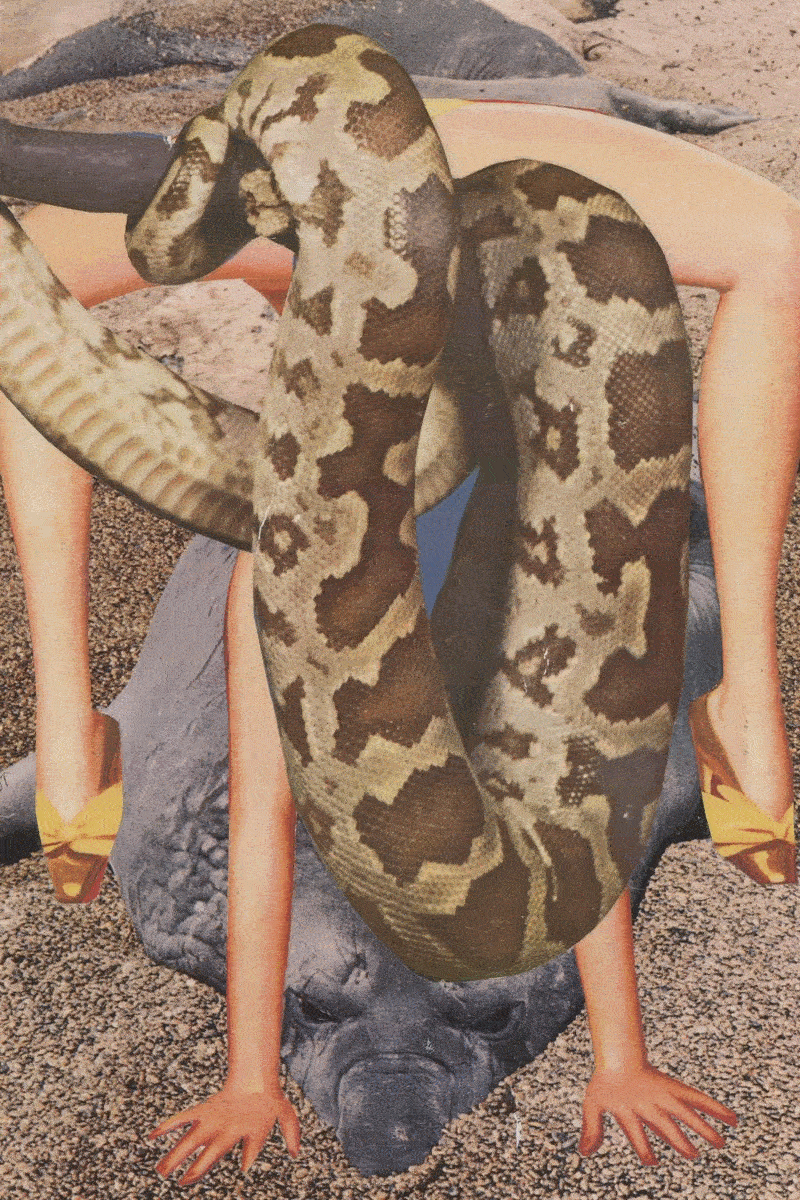
Natural Selection | HEYDT | 2019 | Analog Assemblage | 20in x 30in | $6000

Natural Selection | HEYDT | 2019 | Analog Assemblage | 25in x 35in | $6000

Natural Selection | HEYDT | 2019 | Analog Assemblage | 25in x 35in | $6000

Natural Selection | HEYDT | 2019 | Analog Assemblage | 20in x 30in | $6000

Natural Selection | HEYDT | 2019 | Analog Assemblage | 40in x 50in | $10000

Natural Selection | HEYDT | 2019 | Analog Assemblage | 20in x 30in | $6000

Natural Selection | HEYDT | 2019 | Analog Assemblage | 20in x 30in | $6000
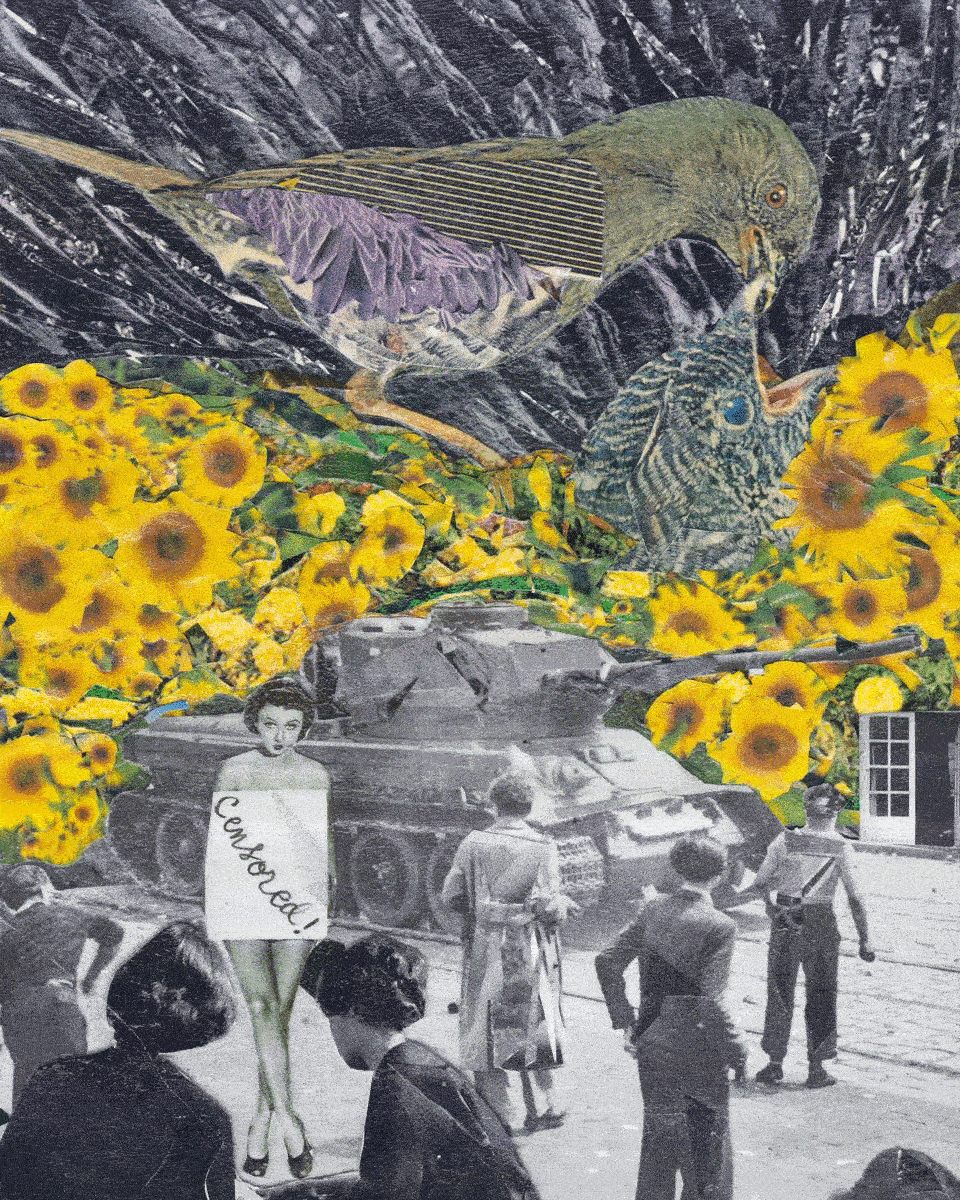
Natural Selection | HEYDT | 2019 | Analog Assemblage | 40in x 50in | $10000

Natural Selection | HEYDT | 2019 | Analog Assemblage | 40in x 50in | $10000

Natural Selection | HEYDT | 2019 | Analog Assemblage | 25in x 35in | $6000
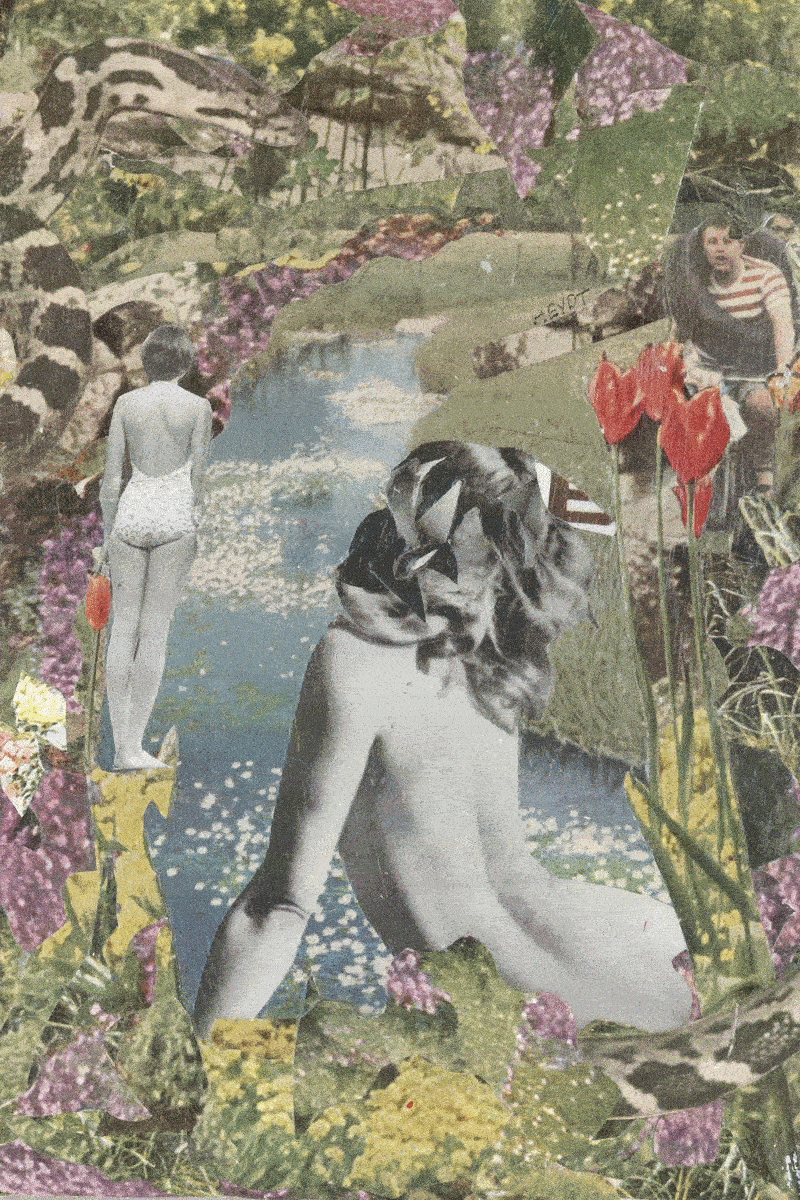
Natural Selection | HEYDT | 2019 | Analog Assemblage | 25in x 35in | $6000

Natural Selection | HEYDT | 2019 | Analog Assemblage | 20in x 30in | $6000

Natural Selection | HEYDT | 2019 | Analog Assemblage | 20in x 30in | $6000
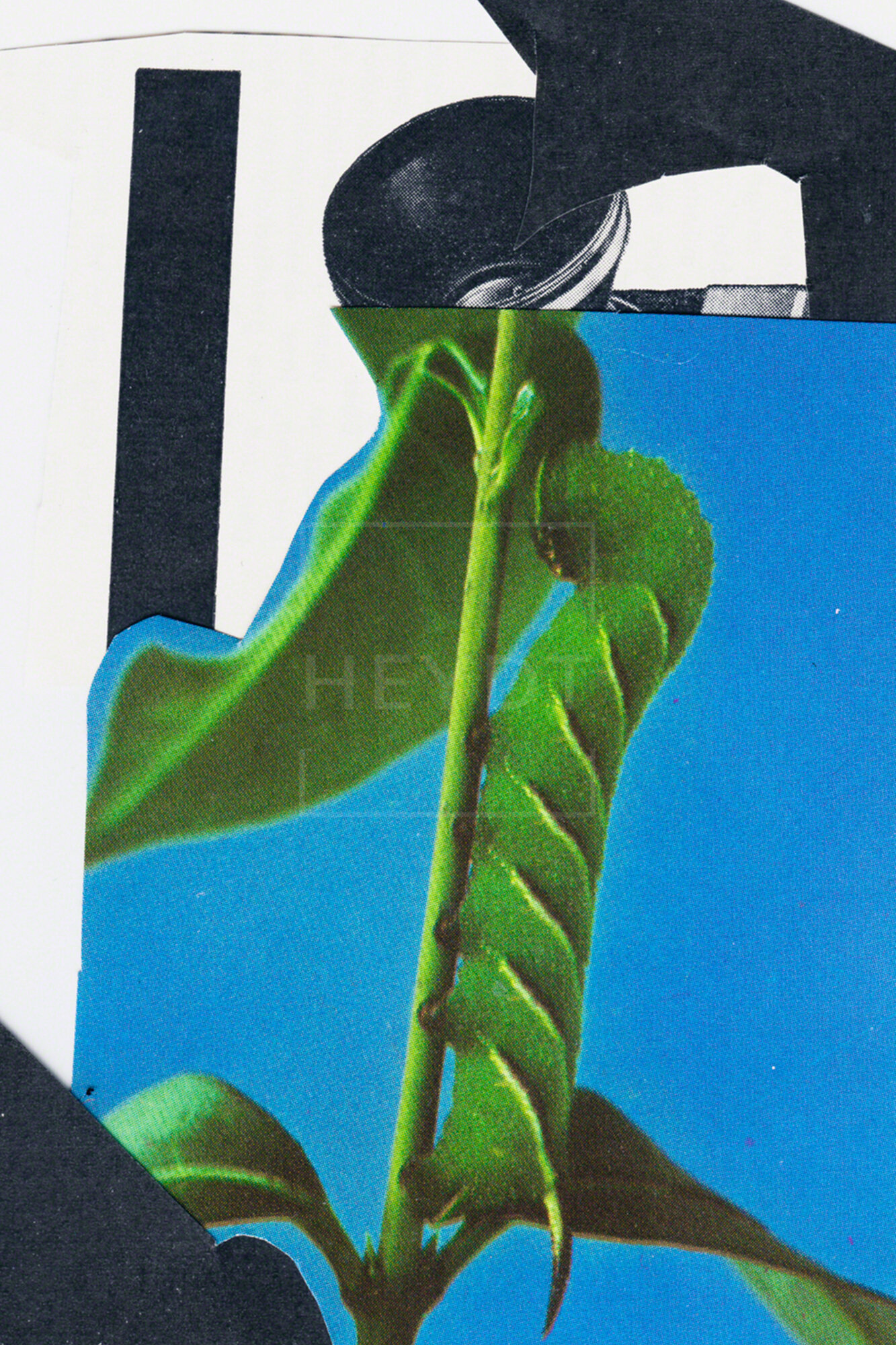
Natural Selection | HEYDT | 2019 | Analog Assemblage | 20in x 30in | $6000

Natural Selection | HEYDT | 2019 | Analog Assemblage | 25in x 35in | $6000

Natural Selection | HEYDT | 2019 | Analog Assemblage | 20in x 30in | $6000

Natural Selection | HEYDT | 2019 | Analog Assemblage | 20in x 30in | $6000

Natural Selection | HEYDT | 2019 | Analog Assemblage | 20in x 30in | $6000

Natural Selection | HEYDT | 2019 | Analog Assemblage | 40in x 50in | $10000

Natural Selection | HEYDT | 2019 | Analog Assemblage | 25in x 35in | $6000

Natural Selection | HEYDT | 2019 | Analog Assemblage | 20in x 30in | $6000

Natural Selection | HEYDT | 2019 | Analog Assemblage | 25in x 35in | $6000

Natural Selection | HEYDT | 2019 | Analog Assemblage | 20in x 30in | $6000

Natural Selection | HEYDT | 2019 | Analog Assemblage | 40in x 50in | $10000

Natural Selection | HEYDT | 2019 | Analog Assemblage | 40in x 50in | $10000

Natural Selection | HEYDT | 2019 | Analog Assemblage | 40in x 50in | $10000

Natural Selection | HEYDT | 2019 | Analog Assemblage | 20in x 30in | $6000

Natural Selection | HEYDT | 2019 | Analog Assemblage | 20in x 30in | $6000

Natural Selection | HEYDT | 2019 | Analog Assemblage | 20in x 30in | $6000
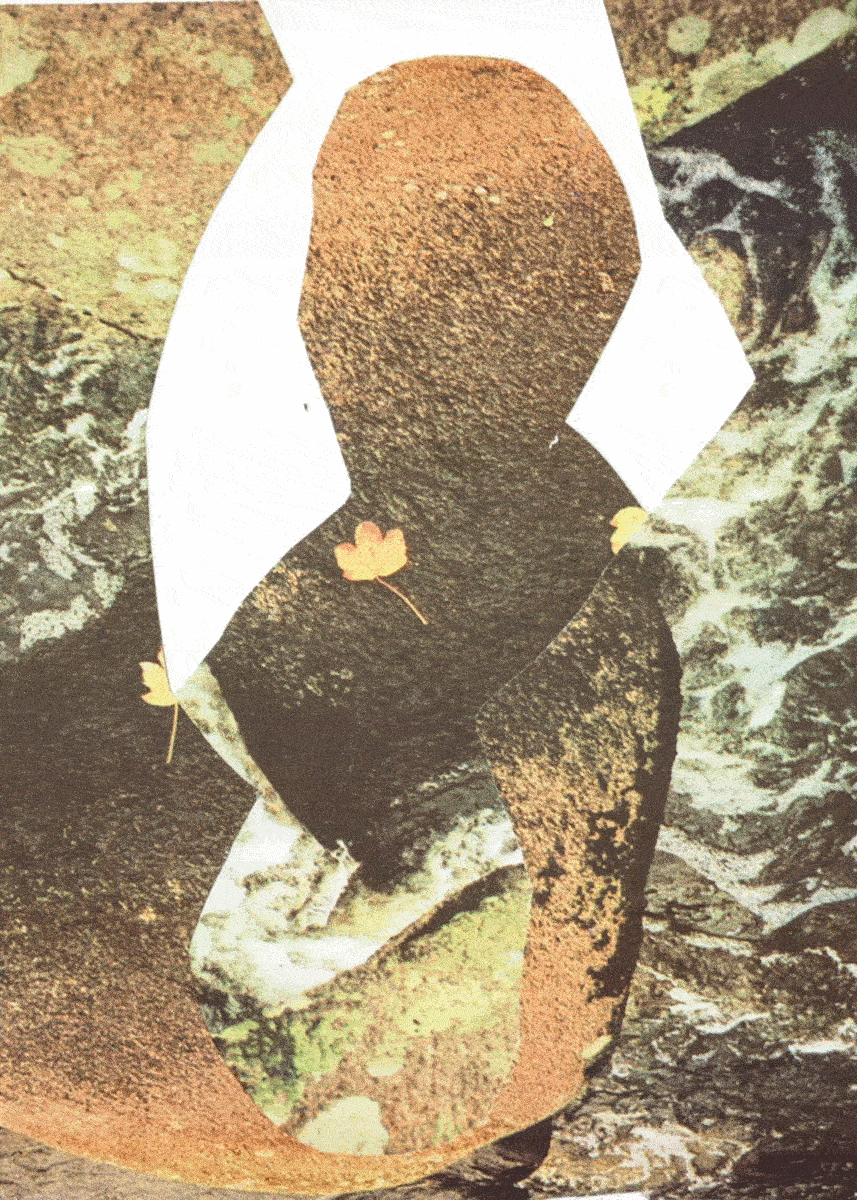
Natural Selection | HEYDT | 2019 | Analog Assemblage | 25in x 35in | $6000

Natural Selection | HEYDT | 2019 | Analog Assemblage | 20in x 30in | $6000

Natural Selection | HEYDT | 2019 | Analog Assemblage | 20in x 30in | $6000

Natural Selection | HEYDT | 2019 | Analog Assemblage | 20in x 30in | $6000

Natural Selection | HEYDT | 2019 | Analog Assemblage | 25in x 35in | $6000

Natural Selection | HEYDT | 2019 | Analog Assemblage | 20in x 30in | $6000

Natural Selection | HEYDT | 2019 | Analog Assemblage | 25in x 35in | $6000

Natural Selection | HEYDT | 2019 | Analog Assemblage | 20in x 30in | $6000

Natural Selection | HEYDT | 2019 | Analog Assemblage | 25in x 35in | $6000

Natural Selection | HEYDT | 2019 | Analog Assemblage | 25in x 35in | $6000

Natural Selection | HEYDT | 2019 | Analog Assemblage | 20in x 30in | $6000

Natural Selection | HEYDT | 2019 | Analog Assemblage | 25in x 35in | $6000

Natural Selection | HEYDT | 2019 | Analog Assemblage | 20in x 30in | $6000

Natural Selection | HEYDT | 2019 | Analog Assemblage | 25in x 35in | $6000

Natural Selection | HEYDT | 2019 | Analog Assemblage | 25in x 35in | $6000
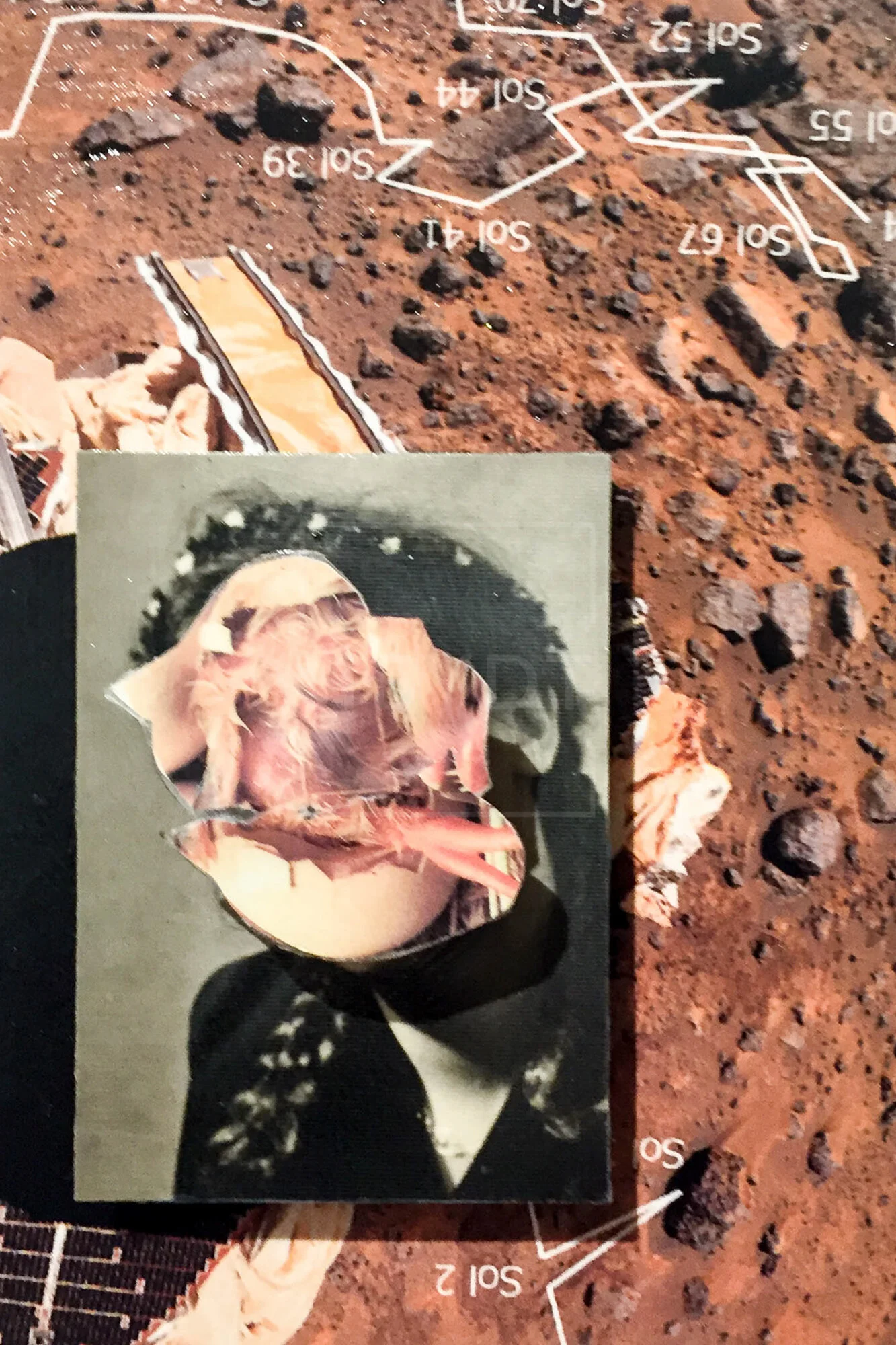
Natural Selection | HEYDT | 2019 | Analog Assemblage | 20in x 30in | $6000

Natural Selection | HEYDT | 2019 | Analog Assemblage | 25in x 35in | $6000

Natural Selection | HEYDT | 2019 | Analog Assemblage | 40in x 50in | $10000

Natural Selection | HEYDT | 2019 | Analog Assemblage | 20in x 30in | $6000

Natural Selection | HEYDT | 2019 | Analog Assemblage | 20in x 30in | $6000

Natural Selection | HEYDT | 2019 | Analog Assemblage | 20in x 30in | $6000

Natural Selection | HEYDT | 2019 | Analog Assemblage | 40in x 50in | $10000

Natural Selection | HEYDT | 2019 | Analog Assemblage | 20in x 30in | $6000

Natural Selection | HEYDT | 2019 | Analog Assemblage | 20in x 30in | $6000

Natural Selection | HEYDT | 2019 | Analog Assemblage | 20in x 30in | $6000

Natural Selection | HEYDT | 2019 | Analog Assemblage | 25in x 35in | $6000

Natural Selection | HEYDT | 2019 | Analog Assemblage | 20in x 30in | $6000

Natural Selection | HEYDT | 2019 | Analog Assemblage | 20in x 30in | $6000

Natural Selection | HEYDT | 2019 | Analog Assemblage | 25in x 35in | $6000

Natural Selection | HEYDT | 2019 | Analog Assemblage | 20in x 30in | $6000

Natural Selection | HEYDT | 2019 | Analog Assemblage | 20in x 30in | $6000

Natural Selection | HEYDT | 2019 | Analog Assemblage | 20in x 30in | $6000

Natural Selection | HEYDT | 2019 | Analog Assemblage | 20in x 30in | $6000

Natural Selection | HEYDT | 2019 | Analog Assemblage | 40in x 50in | $10000
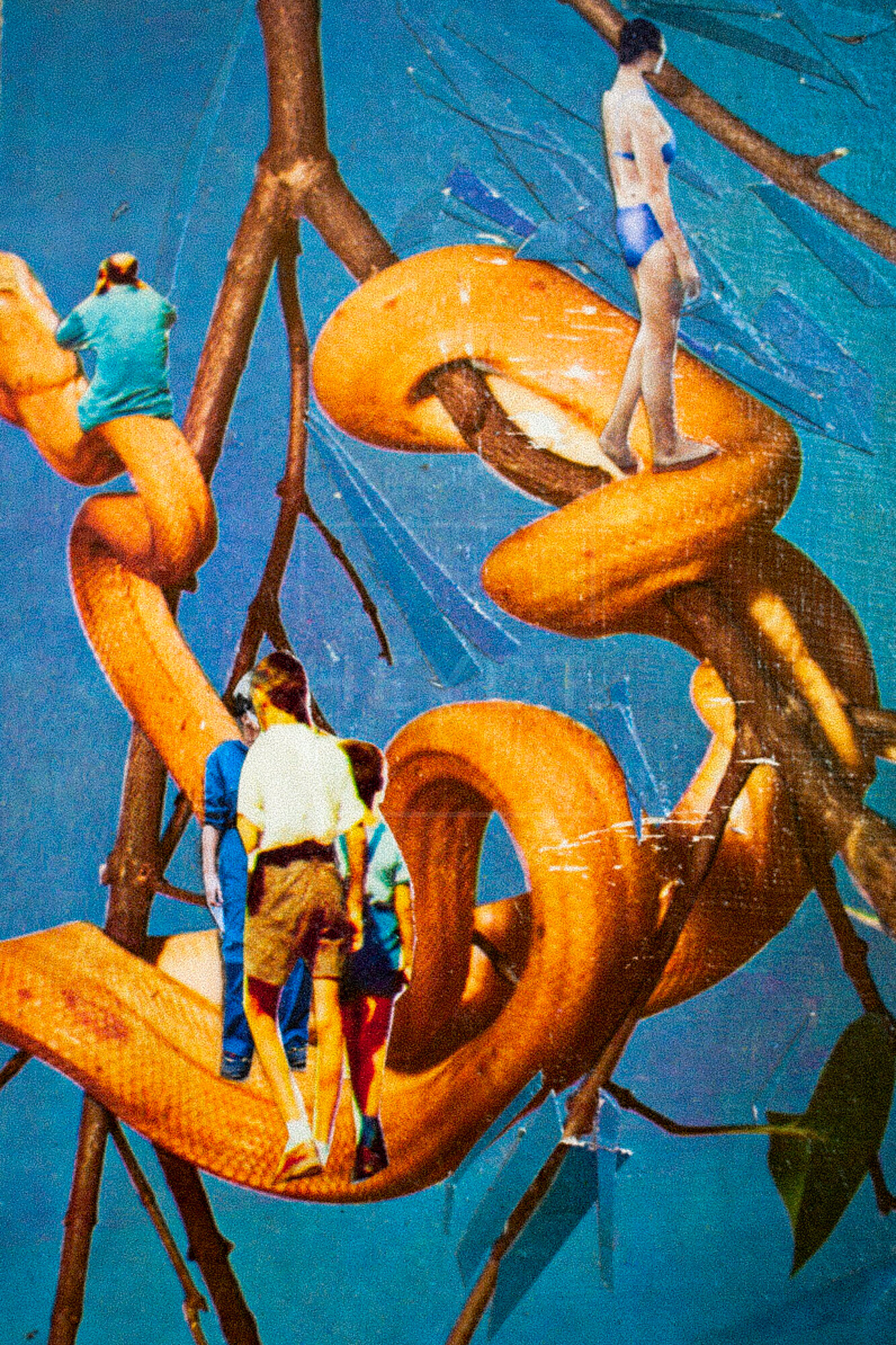
Natural Selection | HEYDT | 2019 | Analog Assemblage | 20in x 30in | $6000

Natural Selection | HEYDT | 2019 | Analog Assemblage | 20in x 30in | $6000

Natural Selection | HEYDT | 2019 | Analog Assemblage | 20in x 30in | $6000

Natural Selection | HEYDT | 2019 | Analog Assemblage | 25in x 35in | $6000

Natural Selection | HEYDT | 2019 | Analog Assemblage | 20in x 30in | $6000

The fragile and evasive relationship man has with the natural world reveals the otherness in our coexistence. Marked by friction, our growing disconnect from nature is at odds with our interdependence. The complexity of conservation in the face of a threatened ecosystem is exacerbated by the disappearance of biodiversity. We are at the doorstep of a new geological epoch called the 'Homogecene', wherein unique life forms are overshadowed by species adapted to live alongside humans. The distance between eco-regions worldwide has essentially collapsed, bringing with it the possibility of a ‘New Pangaea’. However, instead of solid land connecting all the major continents and their flora and fauna, the bridge this time will be us. On our backs already flow numerous super-invaders, ready to take over new territory and displace native species. Their domination has begun. The ecological, evolutionary, and socioeconomic consequences of all this change remain unclear. Still, given how important biodiversity appears for local ecosystems, the arrival of a 'New Pangaea' could be very destructive. The last time a supercontinent existed on Earth, it increased the cosmopolitanism of global fauna and led to mass extinctions, causing homogenous 'disaster faunas' to take over. There's no reason why it couldn't happen again.

Natural Selection | HEYDT | 2019 | Analog Assemblage | 35in x 25in | $6000

Natural Selection | HEYDT | 2019 | Analog Assemblage | 35in x 25in | $6000

Natural Selection | HEYDT | 2019 | Analog Assemblage | 35in x 25in | $6000
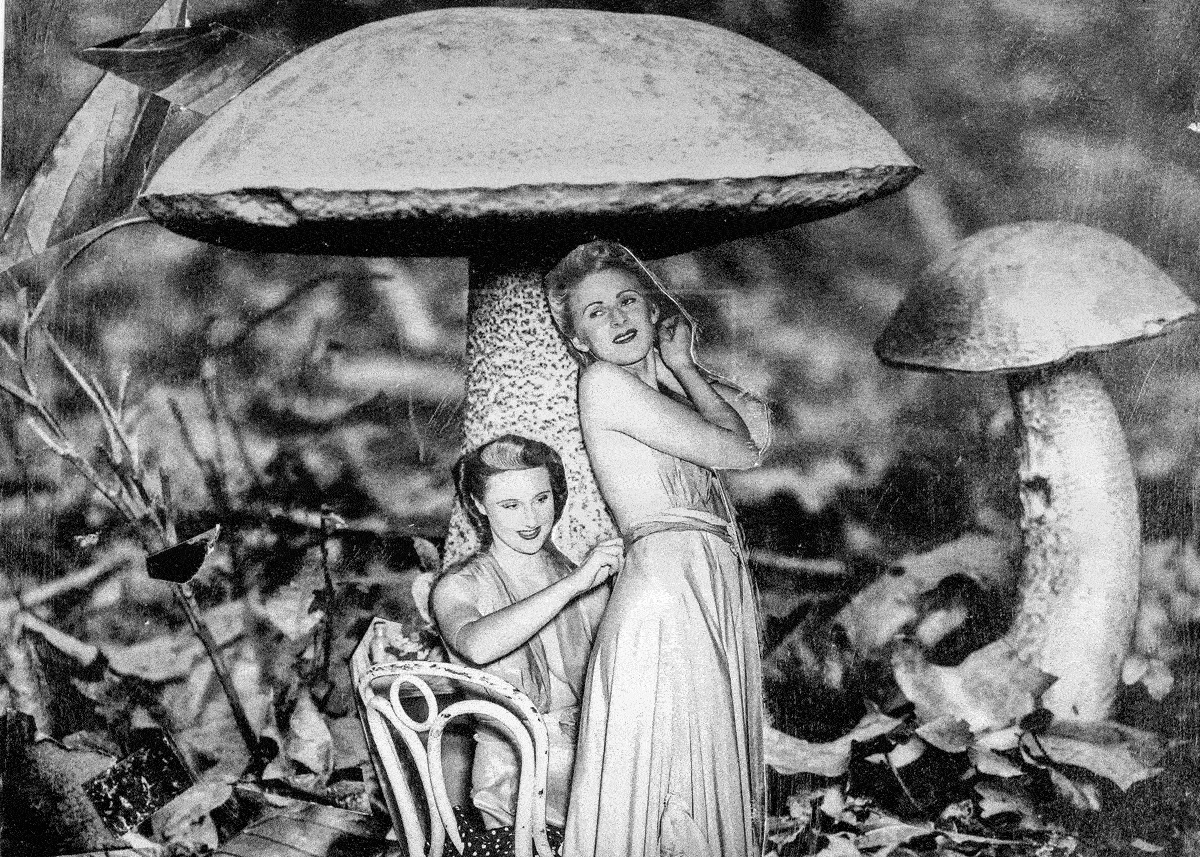
Natural Selection | HEYDT | 2019 | Analog Assemblage | 35in x 25in | $6000

Natural Selection | HEYDT | 2019 | Analog Assemblage | 35in x 25in | $6000

Natural Selection | HEYDT | 2019 | Analog Assemblage | 35in x 25in | $6000

Natural Selection | HEYDT | 2019 | Analog Assemblage | 35in x 25in | $6000

Natural Selection | HEYDT | 2019 | Analog Assemblage | 35in x 25in | $6000
































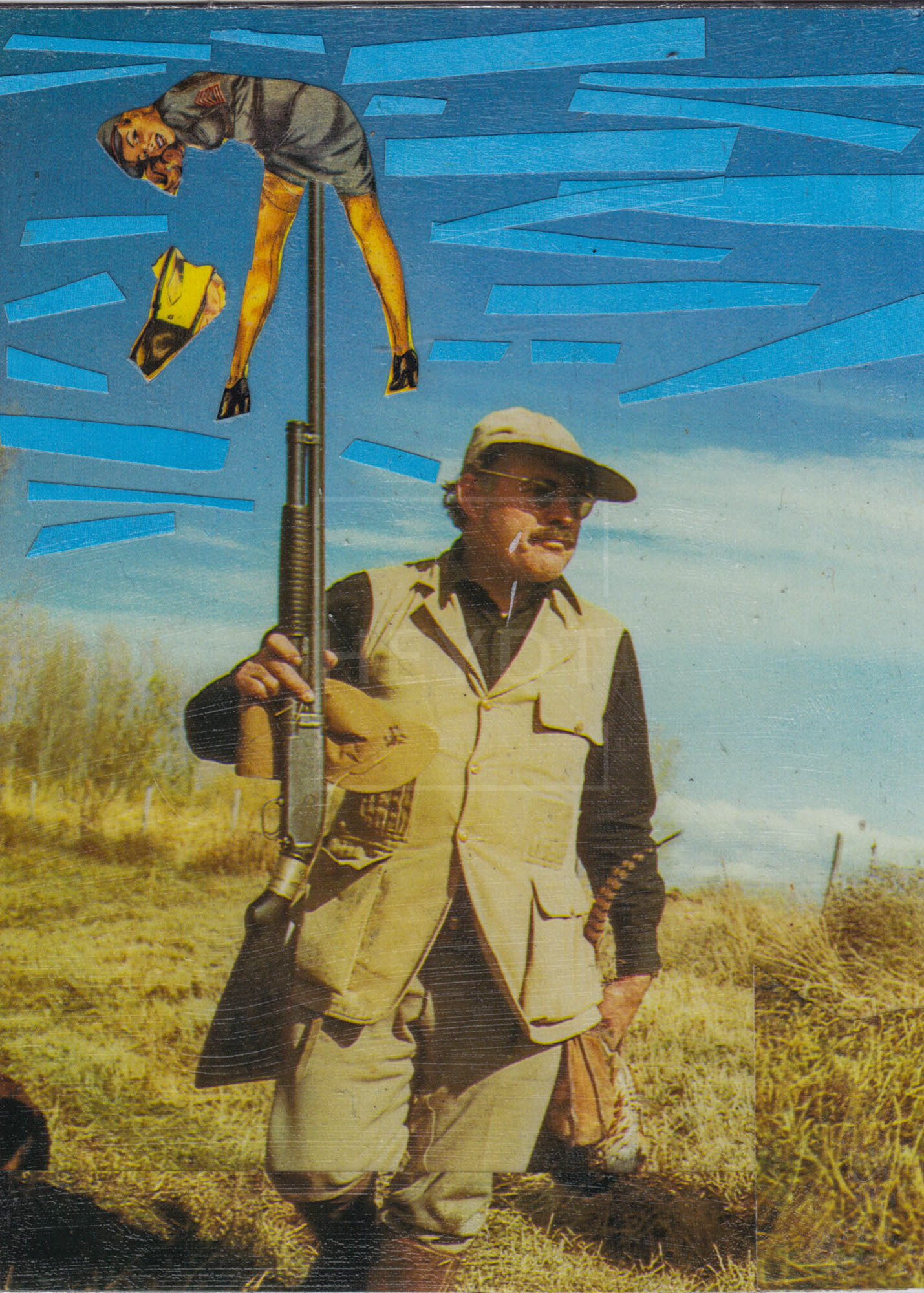



















































Natural Selection | HEYDT | 2019 | Analog Assemblage | 30in x 30in | $6000
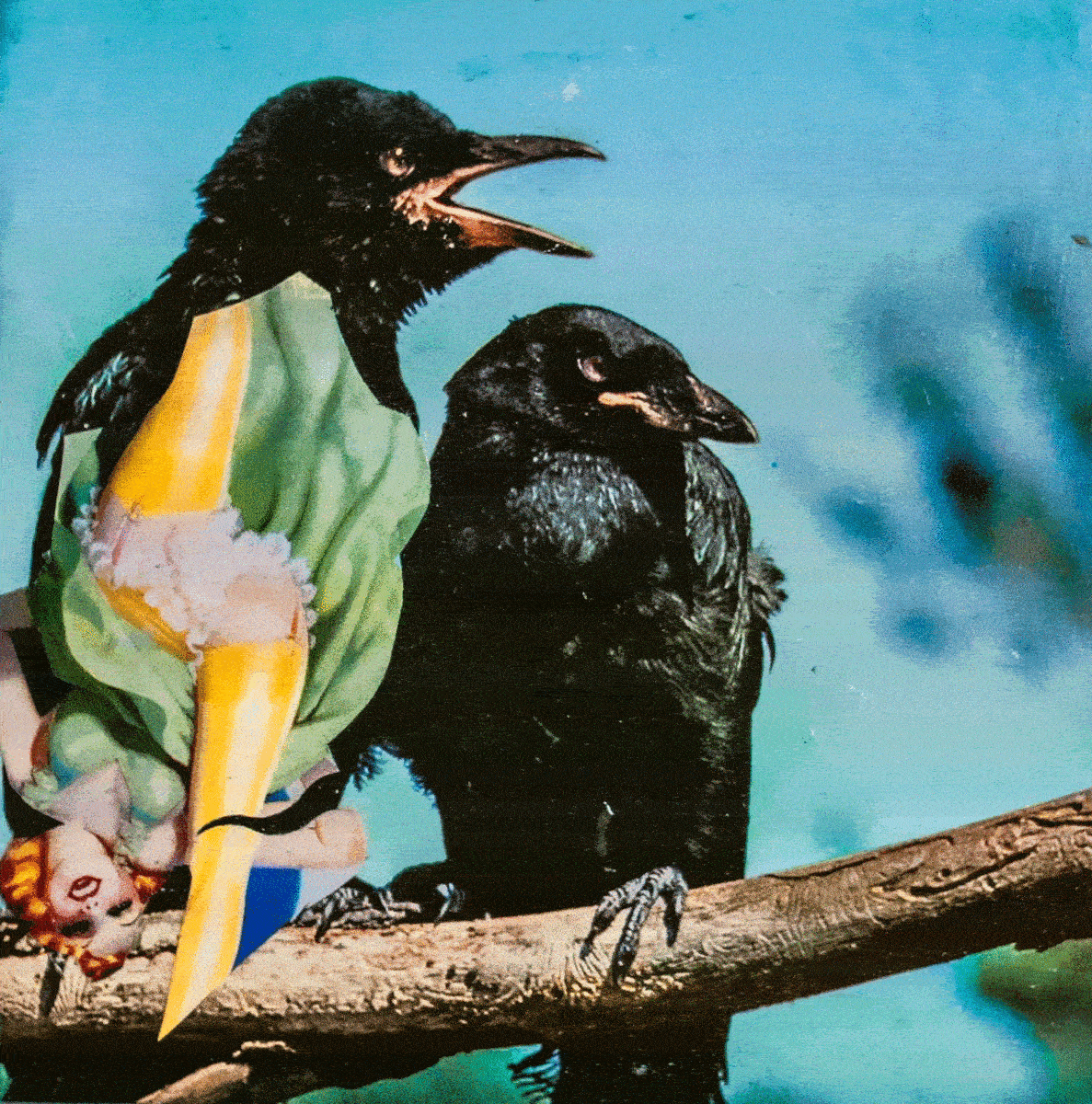
Natural Selection | HEYDT | 2019 | Analog Assemblage | 30in x 30in | $6000

Natural Selection | HEYDT | 2019 | Analog Assemblage | 30in x 30in | $6000

Natural Selection | HEYDT | 2019 | Analog Assemblage | 30in x 30in | $6000

Natural Selection | HEYDT | 2019 | Analog Assemblage | 30in x 30in | $6000

Natural Selection | HEYDT | 2019 | Analog Assemblage | 30in x 30in | $6000

Natural Selection | HEYDT | 2019 | Analog Assemblage | 30in x 30in | $6000

Natural Selection | HEYDT | 2019 | Analog Assemblage | 30in x 30in | $6000

Natural Selection | HEYDT | 2019 | Analog Assemblage | 30in x 30in | $6000

Natural Selection | HEYDT | 2019 | Analog Assemblage | 40in x 50in | $10000

Natural Selection | HEYDT | 2019 | Analog Assemblage | 30in x 30in | $6000

Natural Selection | HEYDT | 2019 | Analog Assemblage | 40in x 50in | $10000

Natural Selection | HEYDT | 2019 | Analog Assemblage | 40in x 50in | $10000

Natural Selection | HEYDT | 2019 | Analog Assemblage | 30in x 30in | $6000

